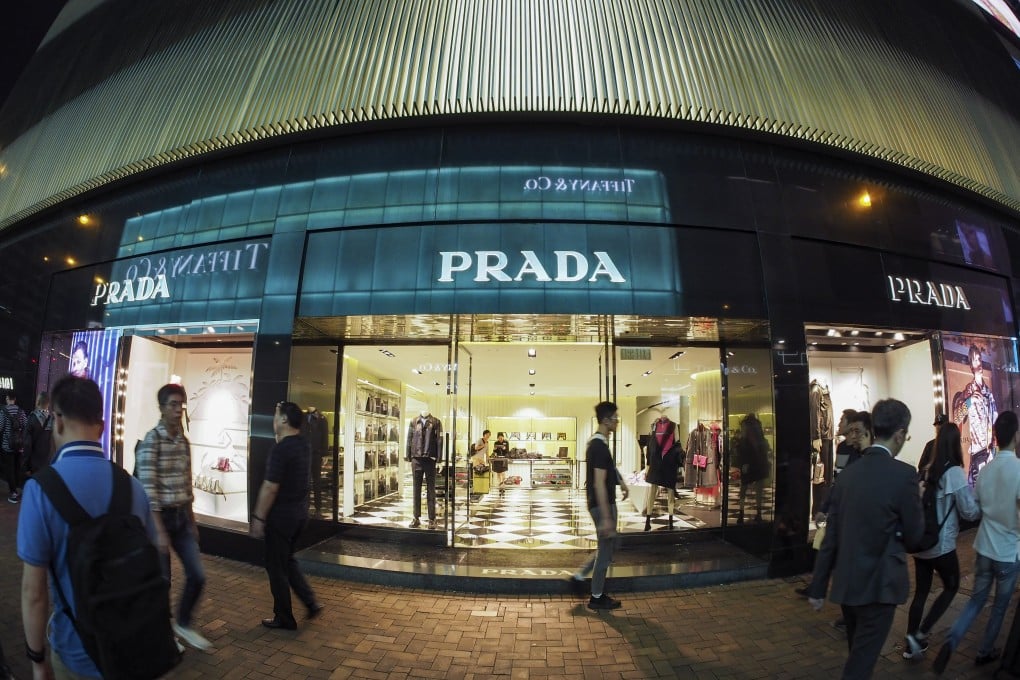Exclusive | Causeway Bay retail landlord offers to cut rent by 44 per cent as Prada closes flagship store next year amid dwindling foot traffic
- Prada will close its 15,000-square foot store at Plaza 2000 along Russell Street, for which it pays HK$9 million a month, when its seven-year lease expires in June 2020, according to its landlord Early Light Group
- Francis Choi Chee Ming, the Hong Kong toy billionaire and owner of Early Light, is amenable to cutting the rent at Plaza 2000 by 44 per cent, his spokesman said

The landlord of Prada’s retail store in Causeway Bay is offering to slash monthly rent by 44 per cent next year when the Italian fashion house shuts its flagship outlet on Hong Kong Island, succumbing to dwindling shoppers’ foot traffic.
The Milanese company will close its 15,000-square foot (1,393 square metre) store at Plaza 2000 along Russell Street, for which Prada pays HK$9 million (US$1.15 million) in monthly rent, when its seven-year lease expires in June 2020, according to its landlord Early Light Group.
“The space will be ready next July,” an Early Light spokesman told South China Morning Post. “We are also accepting potential tenants who want smaller spaces.”
Francis Choi Chee Ming, the Hong Kong toy billionaire and owner of Early Light, is offering to cut the rent at Plaza 2000 by 44 per cent to HK$5 million, his spokesman said.